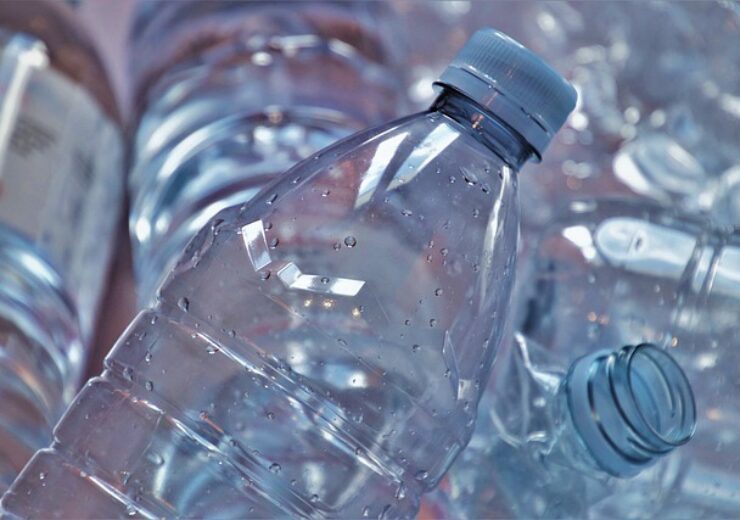GCGV will produce polyethylene, which is used in protective film, packaging and bottles and containers

The polyethylene is used in protective film, packaging and bottles and containers. (Credit: pasja1000 from Pixabay)
Gulf Coast Growth Ventures (GCGV), the joint venture (JV) of ExxonMobil and SABIC, has achieved mechanical completion of a monoethylene glycol unit and two polyethylene units in Texas, US.
The project is expected to be operational in the fourth quarter of this year.
ExxonMobil Chemical president Karen McKee said: “Gulf Coast Growth Ventures is a key development of our plan to serve growing demand for our high-value performance products.
“This is truly a best-in-class project, as demonstrated in schedule acceleration and cost competitiveness, despite the many challenges related to the Covid-19 pandemic.”
The project is said to create over 600 permanent jobs, as well as an additional 6,000 high-paying jobs were created during construction.
It helped to generate more than $22bn in economic output for the state of Texas during construction and anticipated to generate $50bn in economic benefits during the first six years of operation
With a 1.8 million metric tonne ethane steam cracker, the project is believed to be delivered under budget and around 25% less than the average cost of similar projects along the US Gulf Coast.
SABIC petrochemicals executive vice president Abdulrahman Al-Fageeh said: “Not only are we ahead of schedule, but we have executed this project with the highest commitment and emphasis on safety with nearly 18 million safe person-hours worked, all while acting on the promises we made to the community when we started this journey four years ago.”
Upon completion, GCGV will produce 1,100 kilotonnes of monoethylene glycol and 1,300 kilotonnes of polyethylene per annum.
Monoethylene glycol is generally used in the manufacturing of polyesters and automotive coolants. It also serves as a building block to create various forms of high-performance plastics.
Polyethylene is generally used in protective film, packaging and bottles and containers to extend the shelf-life of food and medicines.
It is also used in various automotive parts to improve fuel efficiency and performance, as well as in medical applications.
